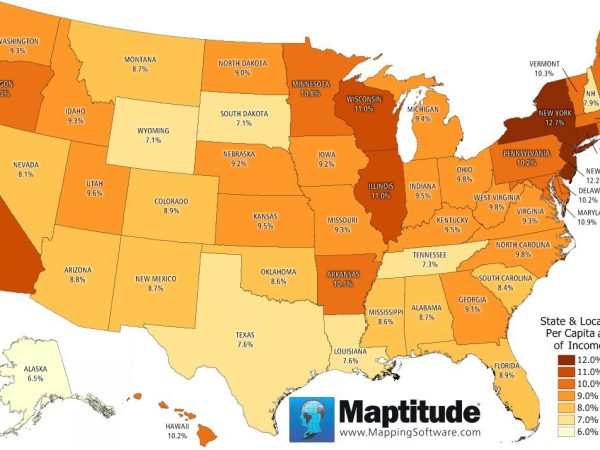What Is OCBOA? A Complete Guide to Other Comprehensive Basis of Accounting

When preparing financial statements, most businesses default to Generally Accepted Accounting Principles (GAAP). However, not all organizations are required to follow GAAP — and that’s where OCBOA, or Other Comprehensive Basis of Accounting, comes in.
In this article, we’ll break down what OCBOA is, how it compares to GAAP, and when it makes sense to use OCBOA for your financial reporting.
What Is OCBOA?
OCBOA (Other Comprehensive Basis of Accounting) refers to any accounting framework other than GAAP that an organization uses to prepare its financial statements. It is commonly used by small to mid-sized businesses, nonprofits, and entities that don’t need to report to the SEC or external investors.
Common Types of OCBOA
- Cash Basis Accounting
Recognizes revenues and expenses only when cash is received or paid. - Modified Cash Basis
A blend of cash and accrual accounting; records certain items like fixed assets and long-term liabilities. - Income Tax Basis
Prepares financials based on how income and expenses are reported for tax purposes. - Regulatory Basis
Used by businesses or entities that report under industry-specific regulations (e.g., utilities or banks).
OCBOA vs GAAP: Key Differences
| Feature | OCBOA | GAAP |
| Complexity | Simpler | More complex and standardized |
| Use case | Small businesses, internal reporting | Public companies, external reporting |
| Flexibility | High | Low (strict rules) |
| Compliance requirements | Minimal | Strict regulatory compliance |
| Cost of implementation | Lower | Higher |
Benefits of Using OCBOA
- Simplified Reporting – Less time and fewer resources needed
Cost-Effective – Cheaper to implement than GAAP
Better for Tax Planning – Aligns with income tax returns
Customizable – Tailored to business needs
Ideal for Private Entities – No need for GAAP-level rigor
When to Use OCBOA
OCBOA is best suited for:
- Privately held businesses not seeking external investors
- Nonprofits focused on internal management
- Entities preparing reports for tax purposes
- Companies in regulated industries with special reporting needs
Drawbacks to Consider
- Limited Comparability – Harder to compare with GAAP-based companies
Not accepted by all lenders or investors
May not meet audit requirements for large entities
Requires consistent application to maintain credibility
How to Prepare OCBOA Financial Statements
- Choose the right OCBOA method – Cash basis, tax basis, or regulatory
- Consult with your accountant or CPA – Ensure compliance with AICPA guidance
- Disclose the basis of accounting clearly in the financial statement footnotes
- Ensure consistency from year to year for comparability
- Use professional financial software if applicable
OCBOA in Audits and Reviews
Even though OCBOA is non-GAAP, financial statements prepared under OCBOA can still be:
- Reviewed
- Compiled
- Audited
by independent CPAs, as long as the basis is disclosed and applied consistently.
Conclusion
OCBOA offers a flexible, cost-effective alternative to GAAP for businesses that don’t require formal, highly regulated financial statements. Whether you’re a small business owner or nonprofit leader, understanding and utilizing OCBOA can streamline your financial reporting and align it more closely with your operational and tax needs.
FAQs
1. What does OCBOA stand for in accounting?
OCBOA stands for Other Comprehensive Basis of Accounting, which refers to any non-GAAP accounting method used to prepare financial statements, such as cash basis, tax basis, or regulatory basis.
2. Is OCBOA the same as GAAP?
No, OCBOA is different from GAAP. While GAAP is a standardized framework required for public companies, OCBOA is used by entities that are not bound by those standards and need more flexible or simplified reporting.
3. Who can use OCBOA for financial reporting?
Private companies, small businesses, nonprofits, and entities preparing tax-based reports often use OCBOA, especially when external GAAP compliance is not required.
4. Are OCBOA financial statements accepted by lenders?
Some lenders may accept OCBOA financials, especially if they are audited or reviewed by a CPA, but others may require GAAP-based statements. It depends on the lender’s policies and the nature of the loan.
5. What are the advantages of using OCBOA?
OCBOA provides simplified accounting, lower compliance costs, and better alignment with tax reporting, making it ideal for organizations that do not need full GAAP reporting.
Also read: Beat Em and Eat Em Game: A Controversial Classic in Retro Gaming History











